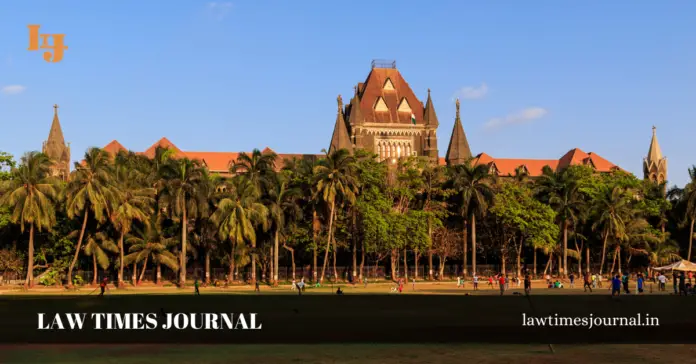
The Bombay High Court observed that the silence of house inmates’ about the reason for a woman’s death inside her marital home would be used against them because such events occur in complete secrecy.
A division bench of Justices VK Jadhav and Shrikant Kulkarni found a deceased pregnant woman’s husband and in-laws guilty of dowry death under section 304B of the Indian Penal Code for strangling her within two years of her marriage and eight days after they threatened to kill her in 2012. “
“It’s a case of dowry death, as defined by section 304B of the Indian Penal Code. Typically, such crimes are carried out in full secrecy within the home. The nature and amount of evidence needed to establish a charge cannot be the same as in other circumstantial evidence cases. The house member’s silence about the cause of death would become another link in the chain of events.”
The High Court upheld life imprisonment for the husband. It denied the acquittal under section 304B and sentenced 10 years of imprisonment to parents and sister.
Achyut Bhaskar Kale & Ors. V State of Maharastra
On March 8, 2010, the pair tied the knot. Sunita’s family had paid for the wedding and provided a dowry of gold and other valuables at the time.
Sunita’s husband and sister-in-law, however, attempted to burn her with kerosene in Pune, where the three had temporarily relocated for employment. The harassment was also witnessed by Sunita’s family on multiple occasions, according to the police.
Sunita’s in-laws had abused her in front of her brother, demanding more gold. Sunita’s mother was allegedly promised just eight days before her death that the accused would marry the spouse and that they would receive a large dowry even if Sunita died.
Sunita’s mother sensed something wrong when she visited home. But Sunita do not bother to cite her pregnancy and was assured that the situation would be better further. On March 3, 2012, Sunita was found dead in her house and in-laws were missing. The police registered the case for accidental death caused by poisoning herself. However, the post-mortem suggested the death was due to strangulation.
The defendant on the statement of witnesses a labourer and neighbour claimed that the deceased told them she was married against her will and saw Sunita taking to a man on the day of her death. Then another witness claimed the husband was with him on the day of incident took place but was unable to prove that fact.
The high court observed many contradictory statements from all the witnesses. Hence Court stated that “It is very clear from a careful examination of the evidence above referred, as well as four important witnesses examined by the prosecution, that deceased Sunita was subjected to harassment and cruelty at the hands of her husband and in-laws shortly before her death to meet unlawful demands of dowry and gold,”.








